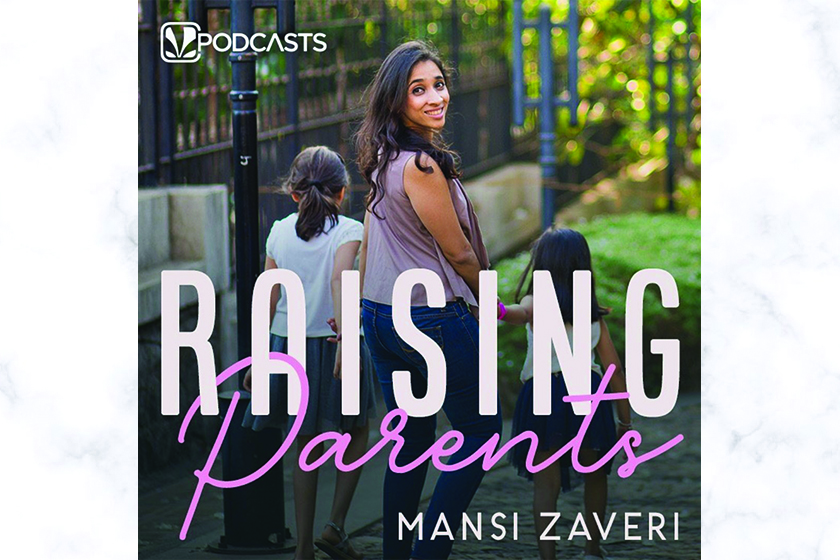Coronavirus, covid19, lockdown, social distancing, stay home etc. is the new vocabulary children are getting used to these days. Stories about a pandemic hovering around the world is ringing constantly in their ears No story lives unless someone tells it and there is someone to listen. It’s not magic that takes us to another world. It’s Storytelling.
Who doesn’t love to listen to a story? Especially children, who themselves are great storytellers. Their own stories are incomparable. Tell a kid you wish to narrate a story and see the gleam in his/her eyes.
But does storytelling bother you? How to read a story? What’s a good time to read it and what’s the best technique to read so that a child is hooked to the book? These and many more such questions come in mind when you wish to develop the reading habit in your child. And trust me it’s no rocket science, few easy steps and you will master the art of storytelling for young readers. There are many ways to enlarge your child’s virtual world; storytelling is the best of all. These few simple yet effective steps, which are my tried and tested, will definitely help to solve the problem of the big HOW!
First and foremost storytelling isn’t an activity, it’s a bonding time with your child that should be relished and cherished with interest. Storytelling requires patience, it’s not a job that you need to finish and get over with. Be ready to become a good listener while telling a story as your child might have infinite questions. Let your child disturb you with questions because that means it’s interesting and they are listening.
Remember the 3Ds- Describe, Discuss and Derive.
Describe the story nicely in a simple way.
Discuss the story and derive something out of the story, not necessarily a moral but some useful information or in fact anything. Read according to your child’s interest. Let them decide the pace. Forcing the child to read doesn’t help. Let children judge. If they wish to read just one page that’s fine. You may improvise to develop interest. Do not forget you are dealing with children.
Make sure you are reading the storybook in an interesting and lively way.
After all, it’s all about developing interest and that cannot be done in a boring way. Ask your child to pick the storybook of their choice. Let them decide. Most important is to stay away from digital distractions while storytelling. Do not check your phone or laptop. Remember your child will only concentrate if you do.
Never pick scary, sad or dingy storybooks.
You are trying to inculcate reading habit not evade it. If a child sticks to one book for some time, it’s absolutely ok. Don’t force them to pick a new book to read every time. Everyone has favourites. Bedtime is best for storytelling but then if you are free during the day why not read a book and do some activities with it. Play funny quiz games related to a storybook that you read with the child just for a recap.
If your child is of an age that they can read themselves, listen patiently and never interfere too much for correcting mistakes. It discourages them. If you notice a mistake come to it later and correct in a positive and gentle way. Partner reading is fun. Read along with your child. Never scold or abuse a child during storytelling if they are not stable. Let them be in a playful mood or else it discourages them. Don’t panic if the child isn’t showing interest in the story while you are reading. Children have a short attention span but still, they do grasp things happening around them. Trust me they are way too clever than we can imagine.
Don’t read at a stretch.
Give a break time. If your child is below 5 years of age don’t explain too much word meanings. Keep your narration very simple and interesting. Always pick an age-appropriate book. It doesn’t matter if your neighbour’s child is reading books above his age. Every child is unique. Decide a time for storytelling every day so that the child looks forward to it.
Age-appropriate books according to age groups:
1 to 3 – touch and feel and musical book
3 to 5 – big picture books with lesser sentences
5 to 7- books with good illustrations and moderate length paragraphs
7 to 9- small chapter books with or without illustrations
9 and above- introduce novels.
So parents, hope you find these small tips useful in developing reading habit in your child through storytelling. Remember every child is different and has unique abilities. You just need to discover them. If not reading maybe your child is a good painter, singer, dancer, actor, artist etc. Let them explore let them learn let them rise and shine in their own special way. Happy reading




















